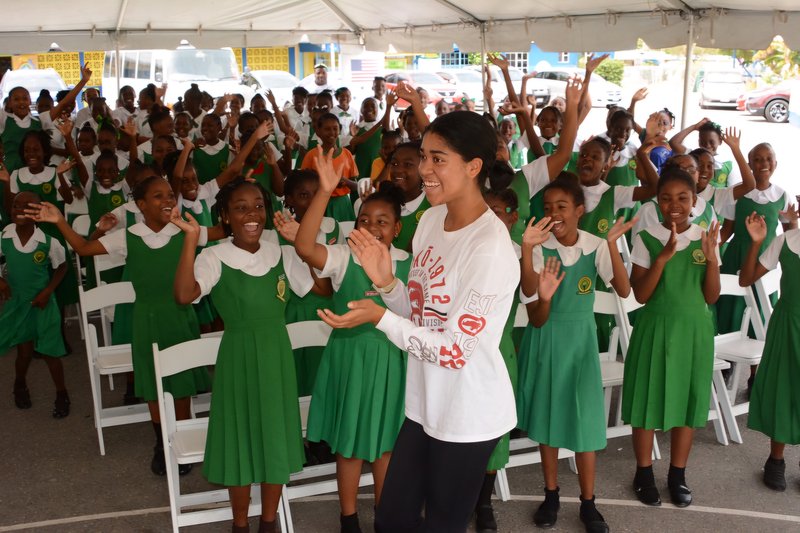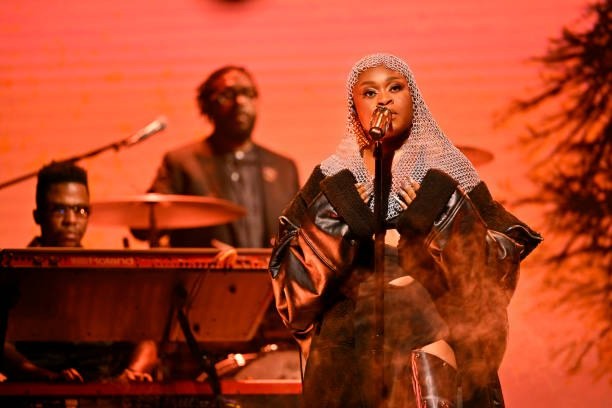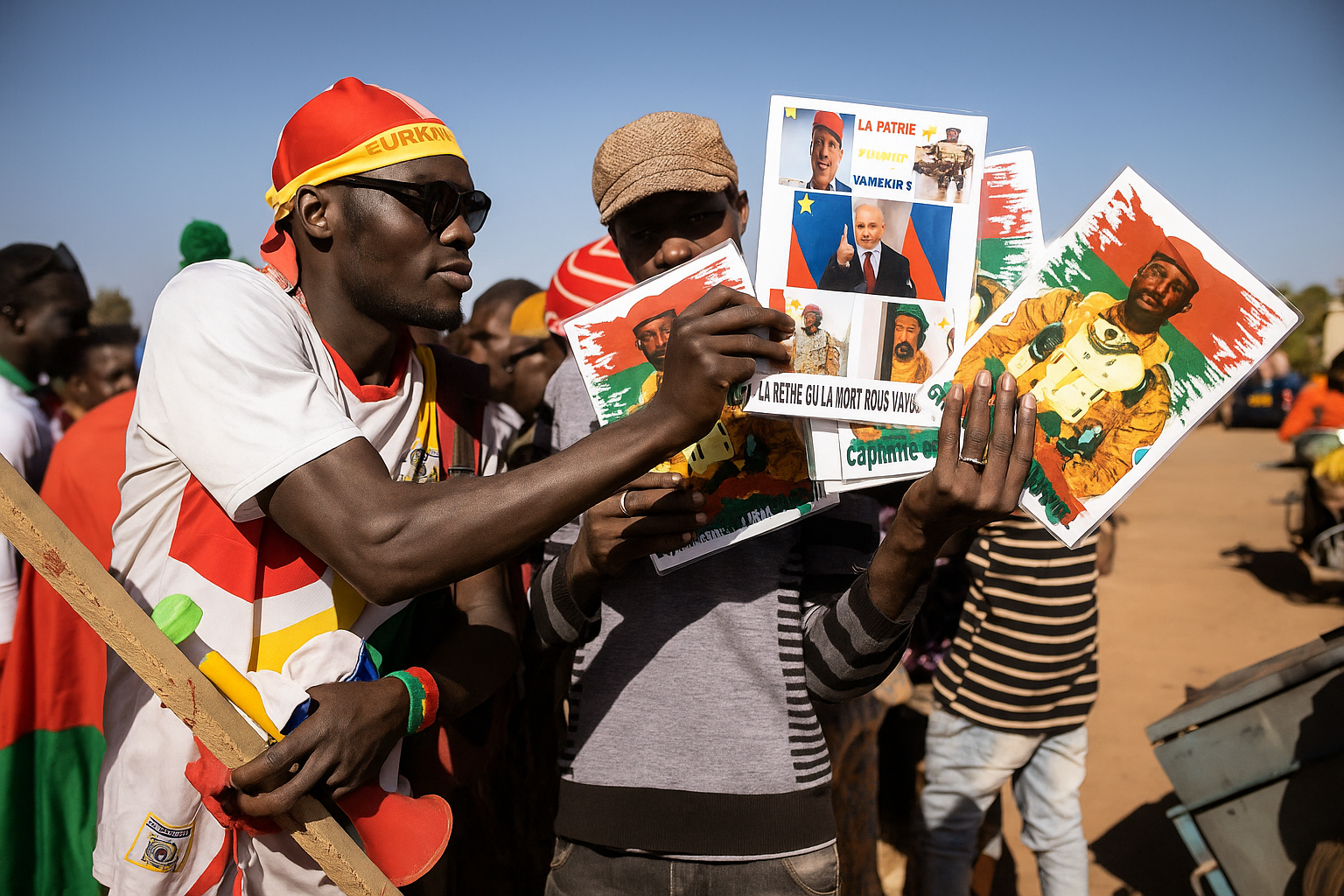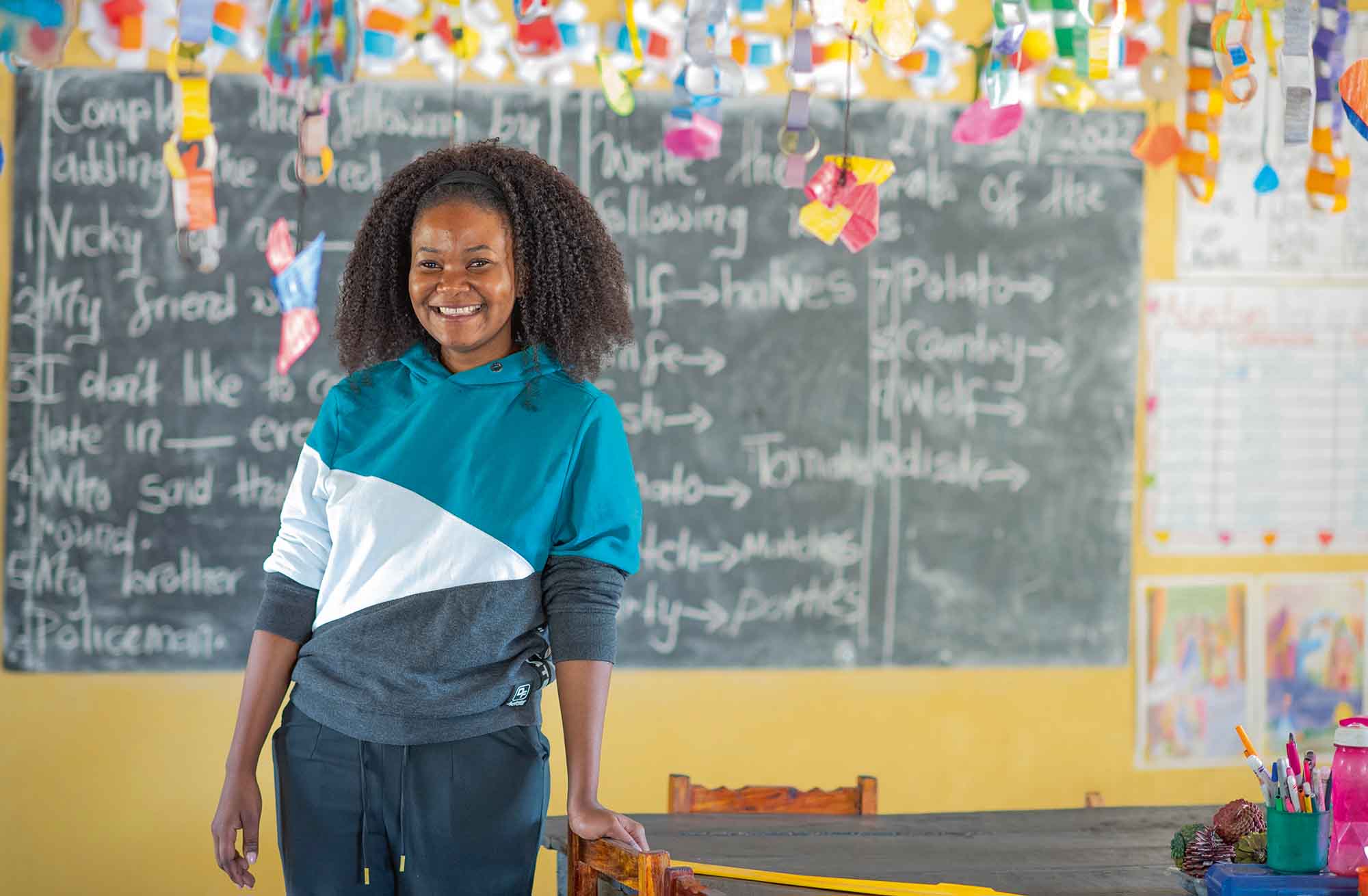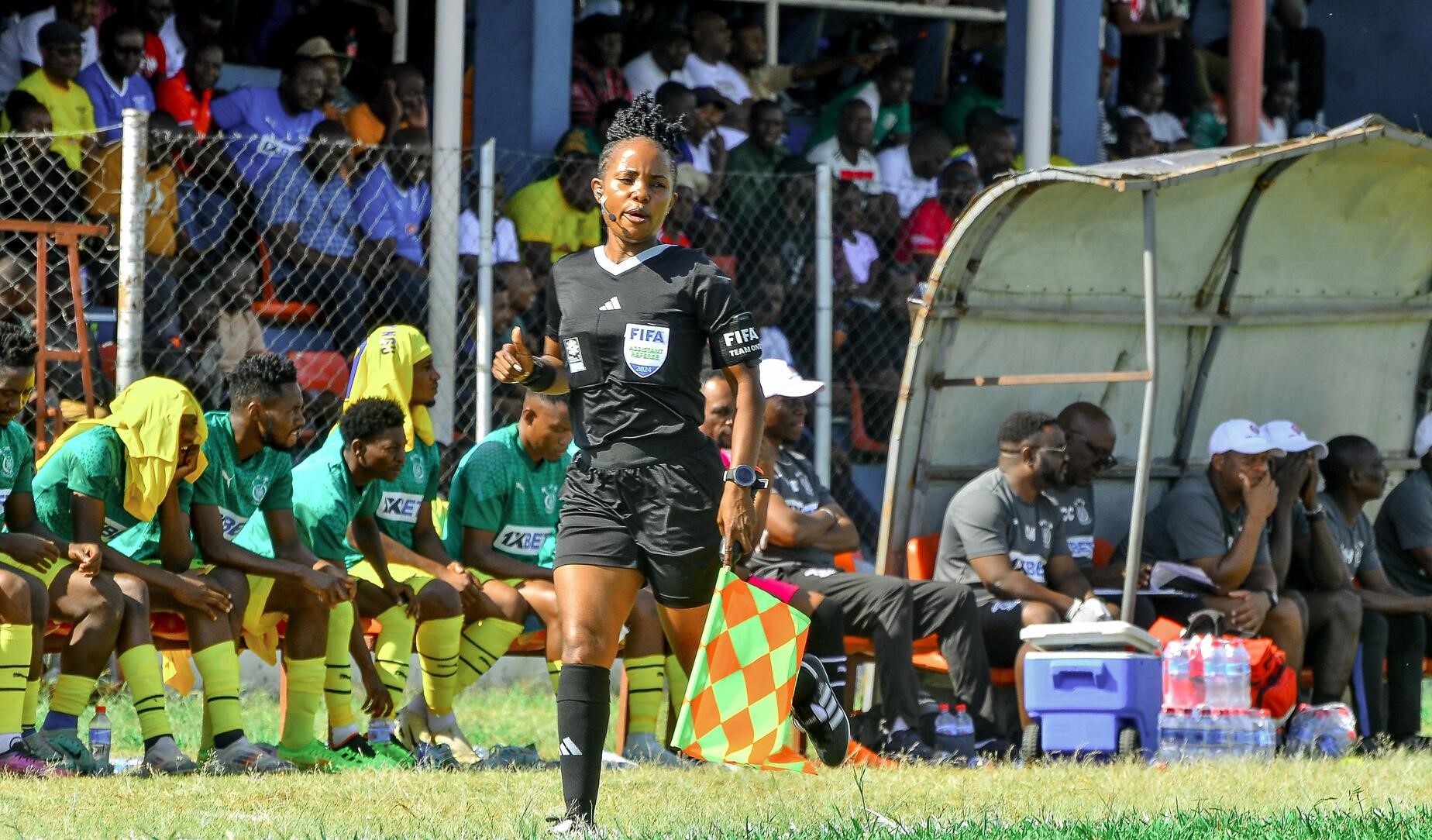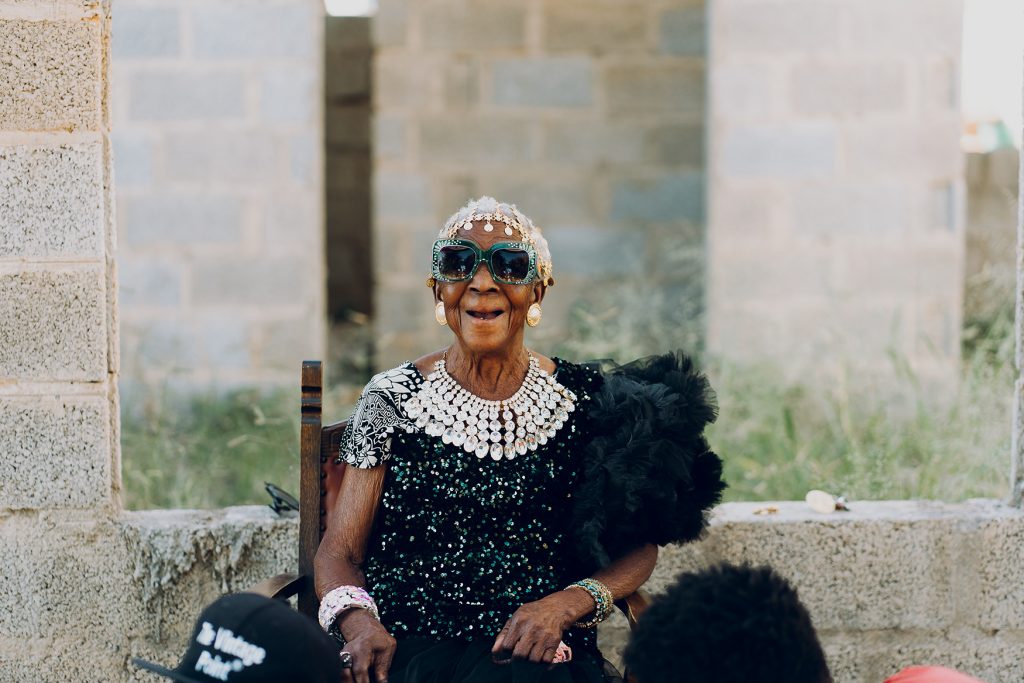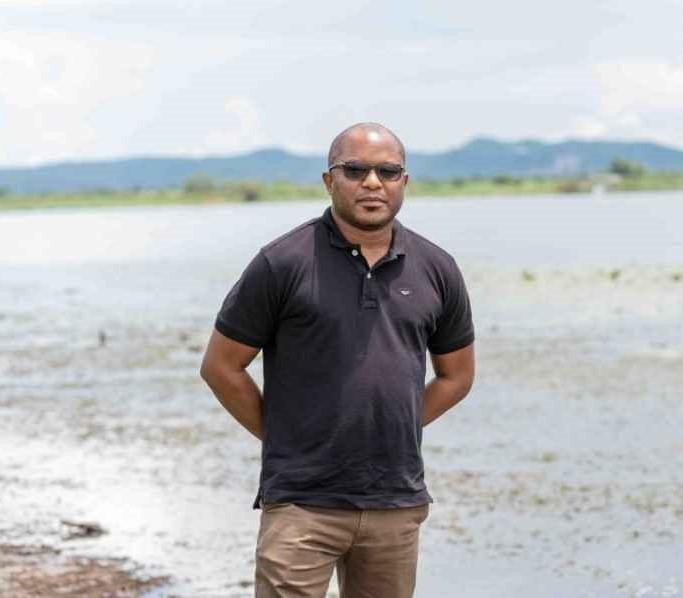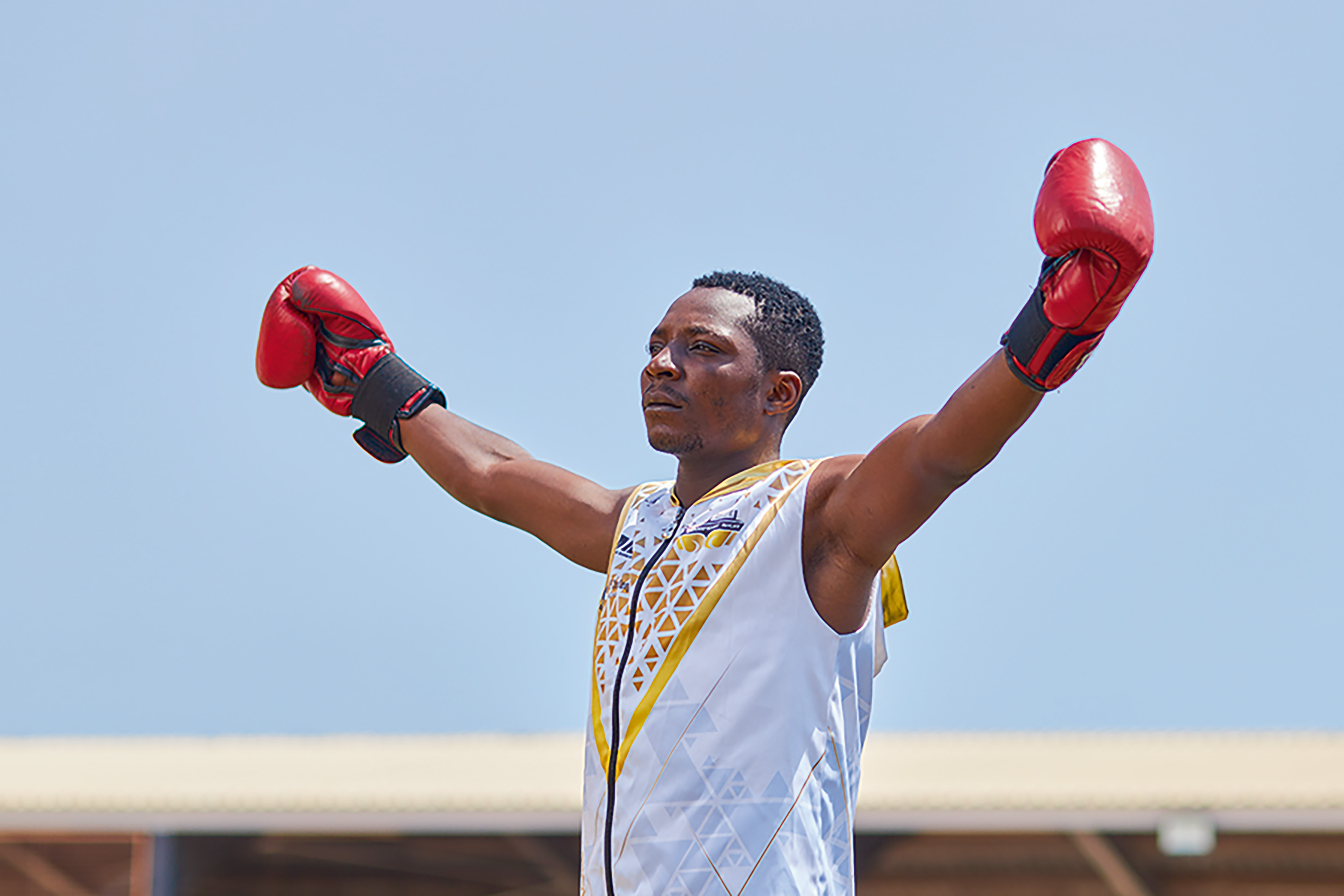Recognised by Forbes, Elle, and the U.S. Secretary of State as the “World’s Most Powerful Girl,” Zuriel balances activism with academic excellence—earning a degree from UCLA at 19 and currently pursuing a doctorate. Her story challenges the notion that youth must "wait their turn," proving that meaningful change knows no age. Whether or not she wins the Nobel, Zuriel’s legacy as a global changemaker is already undeniable.
The average 22-year-old is just beginning their career, but activist and filmmaker, Zuriel Oduwole has achieved in her early twenties what most can only aspire to attain by the end of their lives: a Nobel Peace Prize nomination. At just 22, she is the youngest nominee this year. But when added to her other accomplishments, this nomination is just another in the long list of firsts that Zuriel Oduwole’s career has comprised.
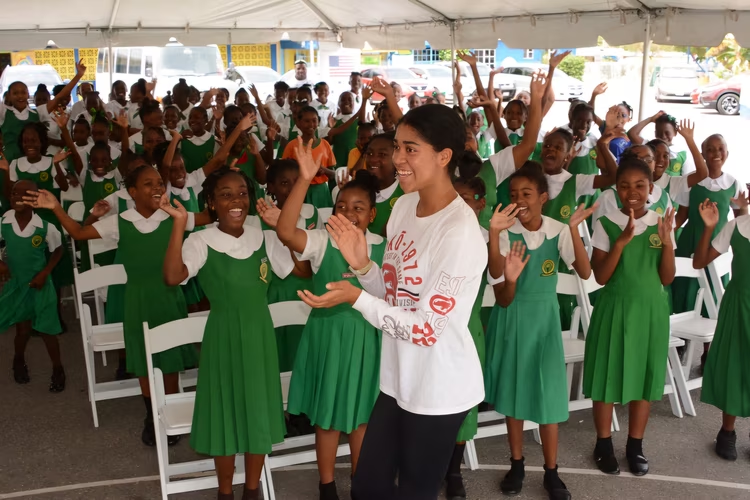
Her story begun at nine during a trip to Ghana where she noticed the large number of young girls selling goods on the street at times when they should have been in school. The stark gender inequality in education moved her to act. The following year, she co-founded DUSUSU (Dream Up, Speak Up, Stand Up), an initiative promoting learning across Africa. Since its inception, DUSUSU has reached over two million people with its message in countries across the continent, including Ghana,South Africah, Kenya, and Ethiopia. In 2014, they launched the DUSUSU Awards, which annually honour the contributions of first ladies and gender ministers to the fight for educational equality. Through the organisation, Zuriel also teaches filmmaking workshops to unemployed young girls and women, equipping them with skills and a platform for advocacy.
Zuriel’s filmmaking career has served as a vehicle for social change, with over five documentaries to her name, including Follow the Ball for Education, Educating and Healing Africa Out of Poverty, and The Ghana Revolution, the latter of which she produced at the age of 10. It would become her first breakthrough as a campaigner after she sought and was granted an interview with former Ghanaian President Jerry Rawlings for the documentary, her first of over 30 engagements with world leaders. She spent much of her pre-teen and teenage years in meetings with global figures, advocating for youth issues, and urging leaders to create policies that promoted girls' education and delayed child marriage. She also mediated conflicts by providing a face and voice for the young women and girls affected. In 2018, she met with the then-President of Mozambique, Filipe Nyusi, to discuss child marriage. Their conversations continued long after the initial meeting, and a year later, child marriage was outlawed in the country.

Zuriel’s hard work has not gone unrecognised. At the age of 10, she was profiled inForbes. At 12, Elle Magazine featured her in a list of women who had changed the world. At 14, the US Secretary of State referred to her as the “World’s Most Powerful Girl” while honouring her in Washington, D.C. At the age of 19, she received the Ban Ki-moon Leadership Award. All this while Zuriel, practising what she preached, completed her foundational schooling and became a student at UCLA at the age of 16. She attained her degree at 19 during the height of the COVID-19 pandemic and, according to her lecturers, still managed to turn in exceptional work despite the added stresses of the pandemic and her responsibilities as a youth ambassador. As of this year, Zuriel is just a step away from being called “Dr”, as she is currently completing her doctorate at the University of Southern California.
Despite her impressive résumé and global impact, Zuriel was still shocked to hear her name announced alongside the other nominees. “I didn’t think people were paying that much attention, or close enough attention, to what I was doing to even warrant a Nobel Prize nomination,” she stated. “I am incredibly grateful and honoured just for the nomination.”
A child of educators, raised in the United States, Zuriel’s background has given her a unique perspective on both the importance of education and the value of global unity. Acknowledging the cultural belief in many African societies that young people should “wait their turn” when it comes to opportunities and activism, Zuriel stressed that while there is much to learn from elders, it is young people who will inherit the world. There must be a sense of urgency in ensuring that it is a bright one.
The average Nobel Peace Prize nominee receives their nomination at the age of 58, Zuriel has stated that it is an honour to “show what truly is possible at any age.” With the ceremony still ahead and the outcome uncertain, what we can count on, regardless of the result, is the lasting impact Zuriel's work has already had on the lives of so many girls, and the countless ways in which she is bound to continue succeeding throughout the rest of her life, as someone whose only advice to her younger self would be to“start earlier.”

